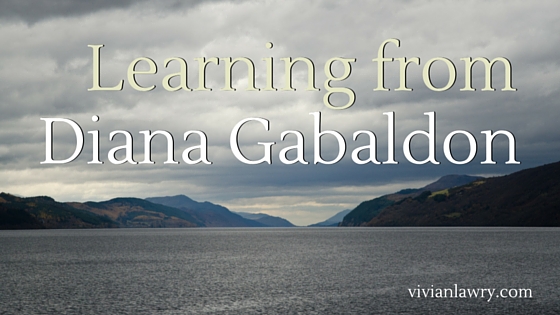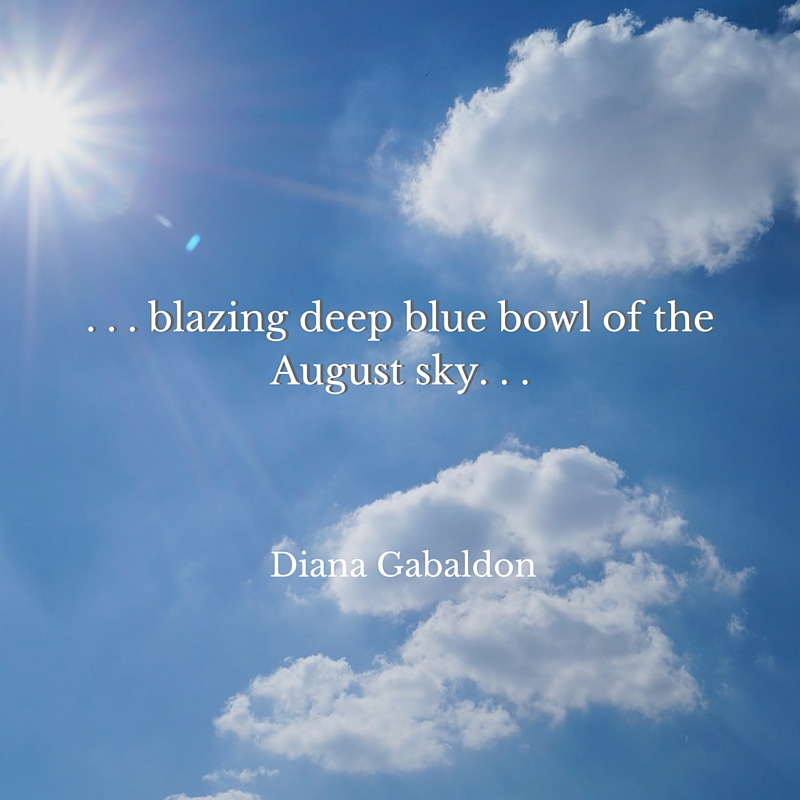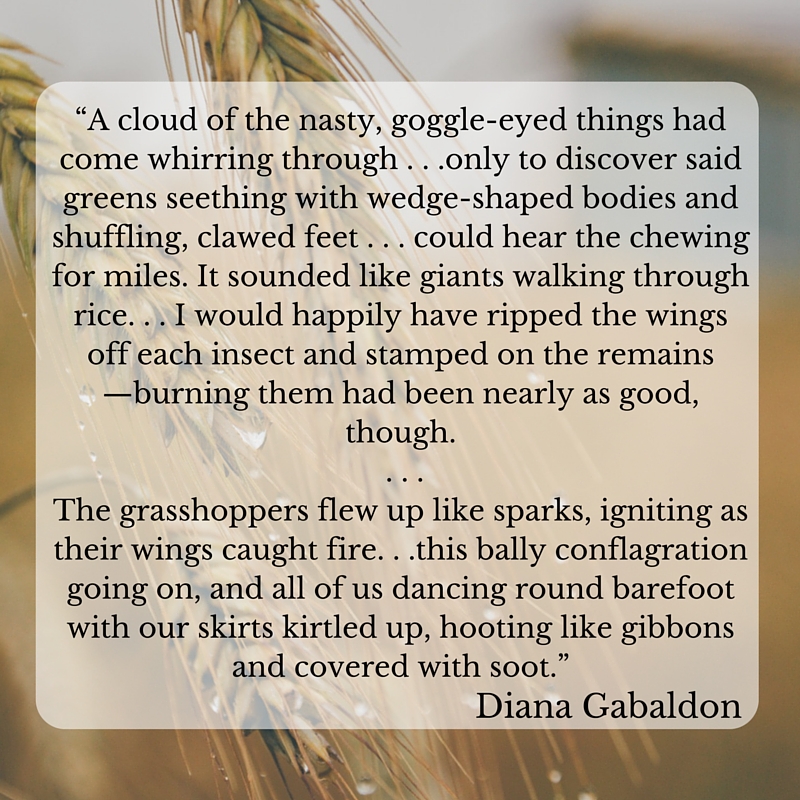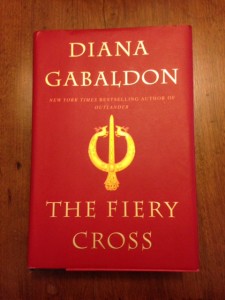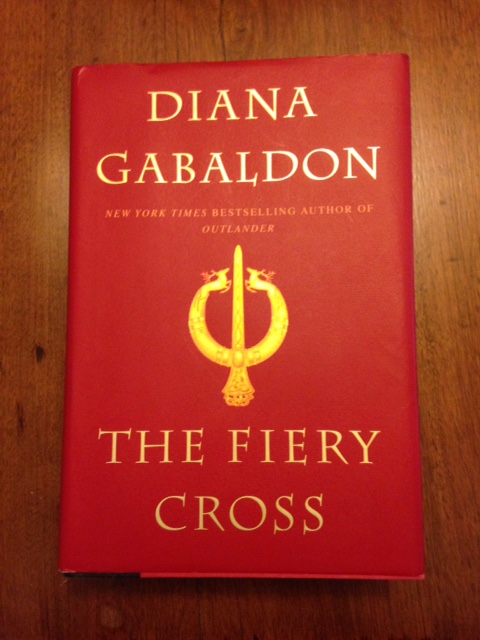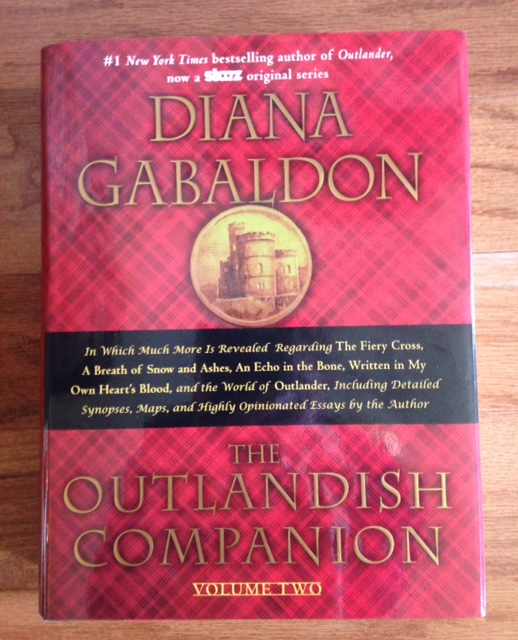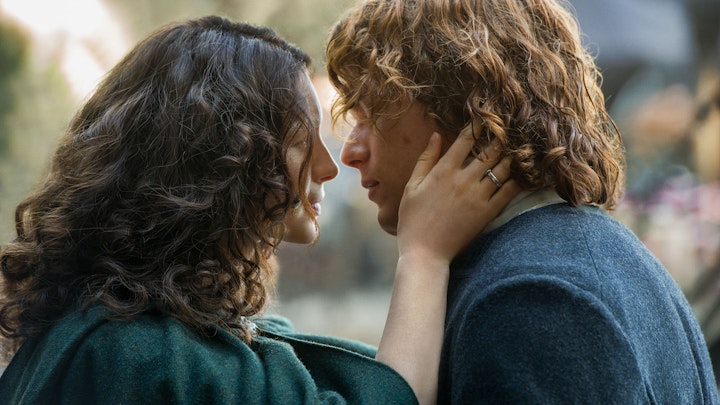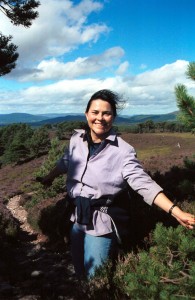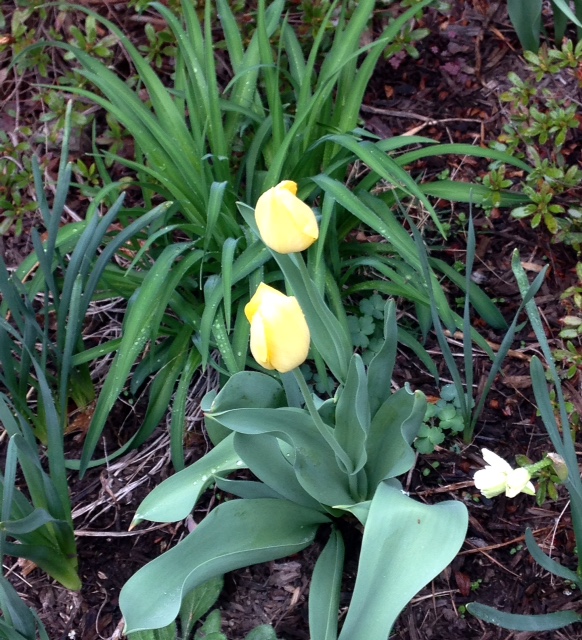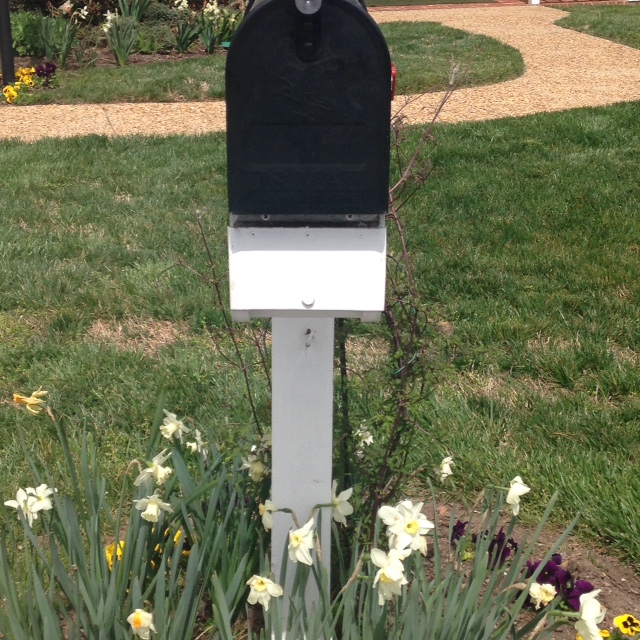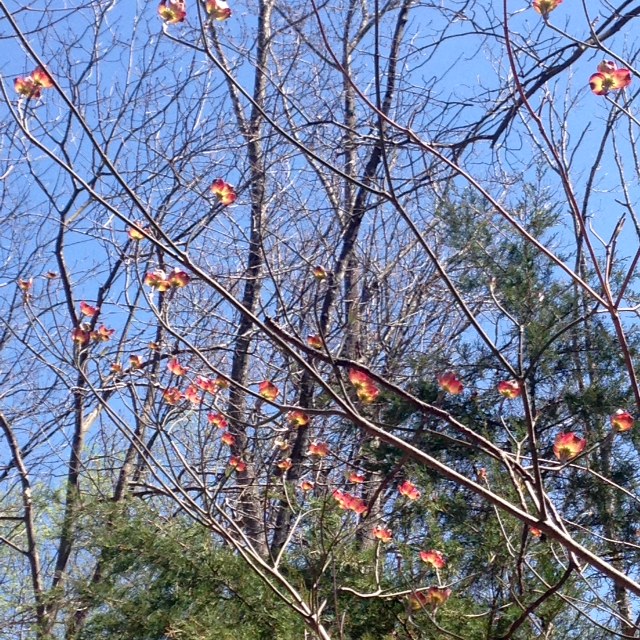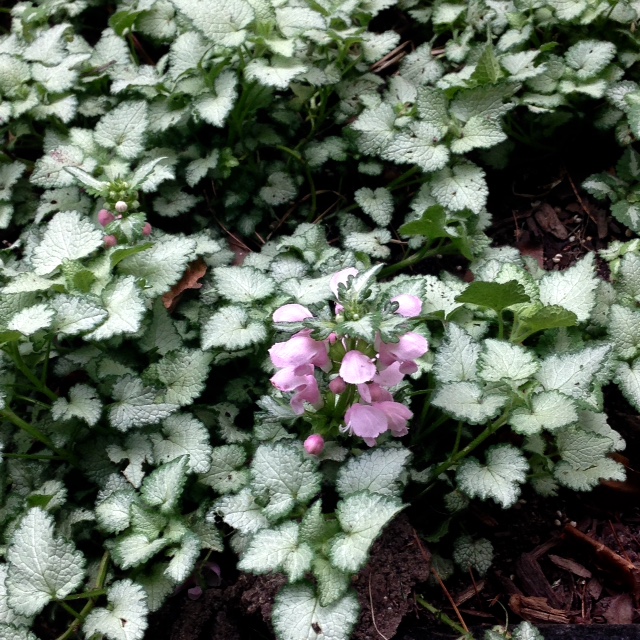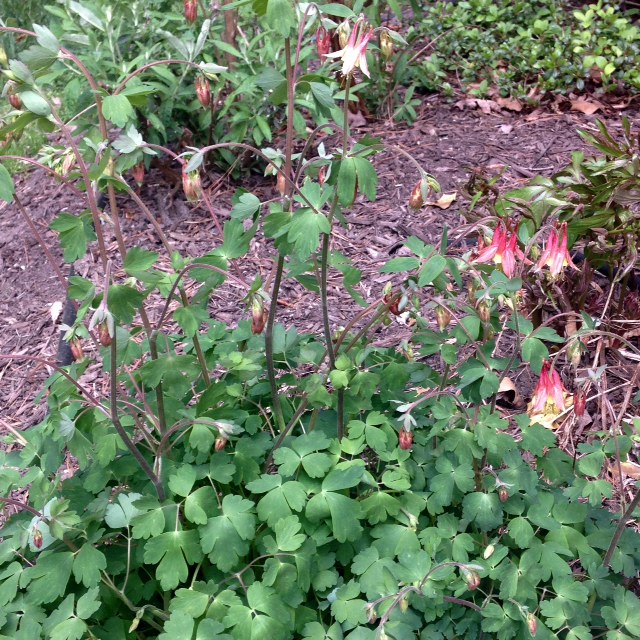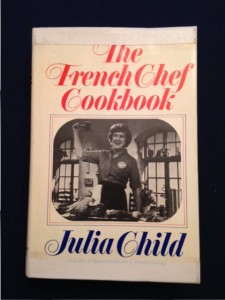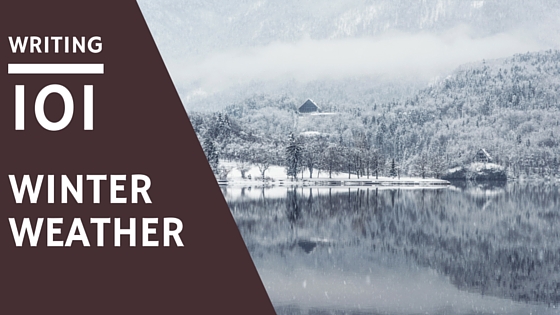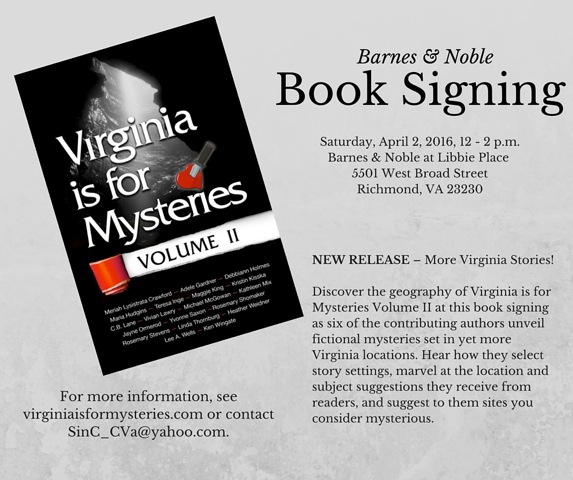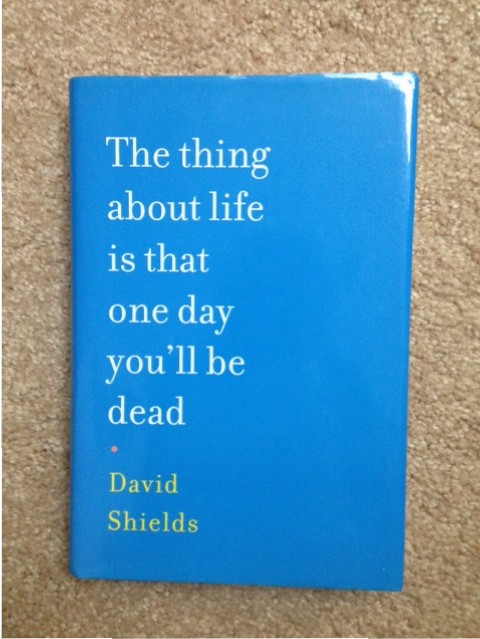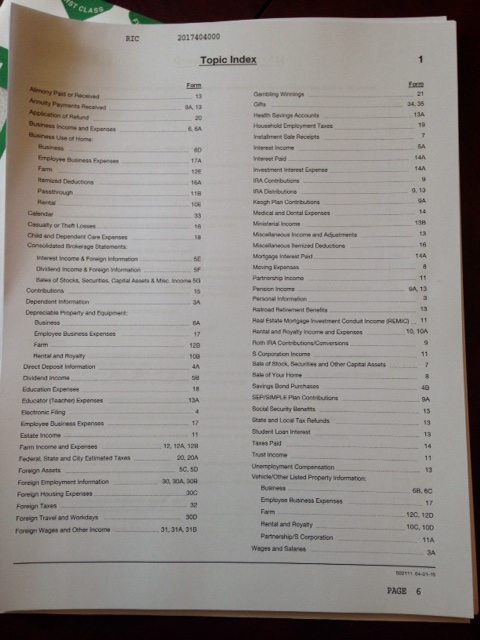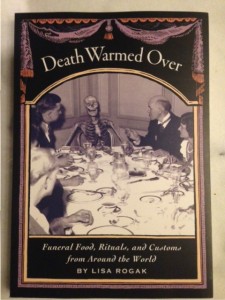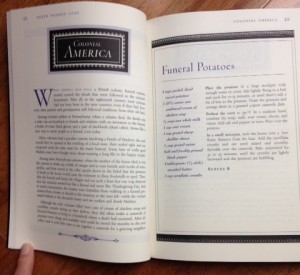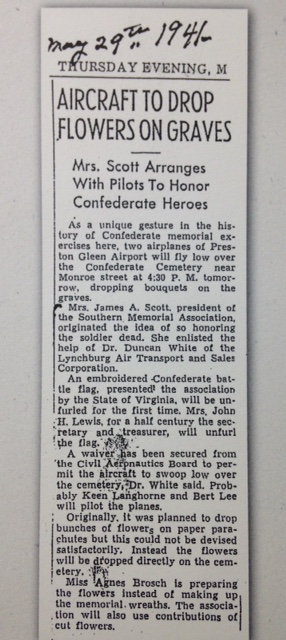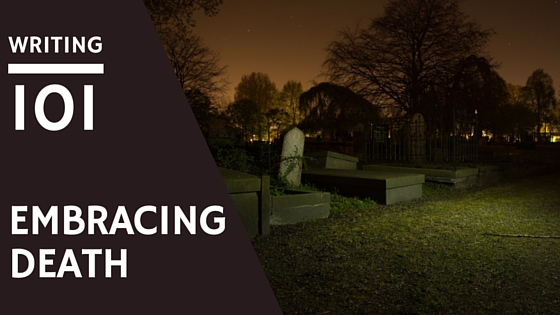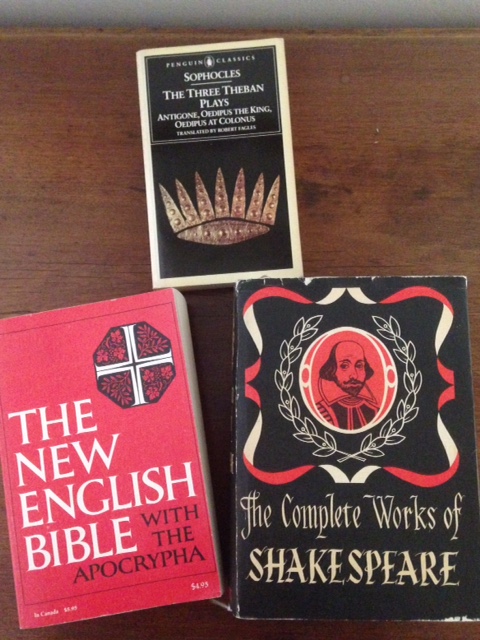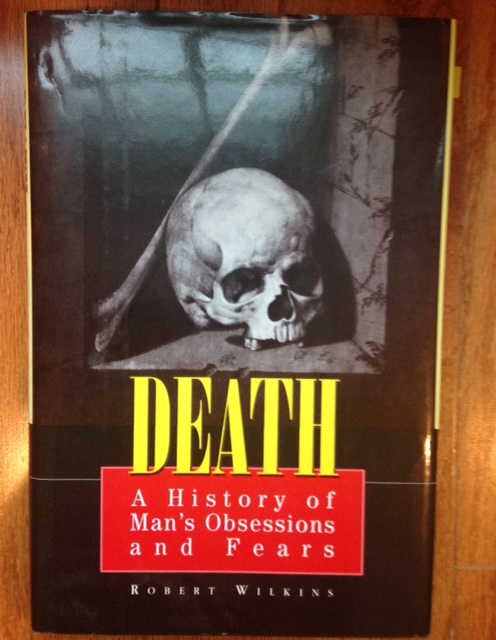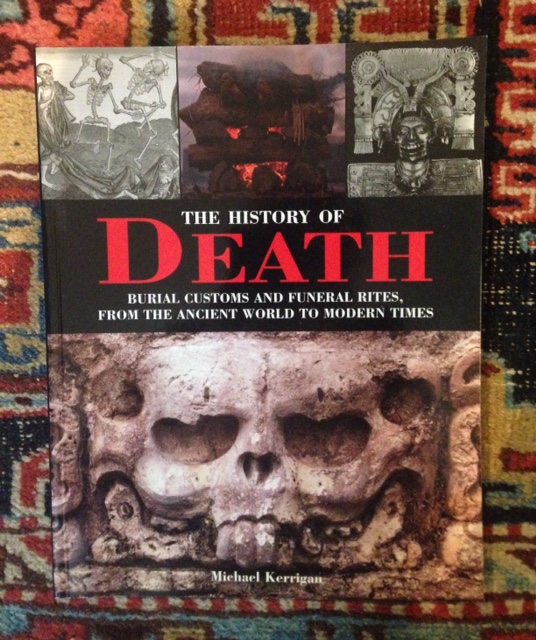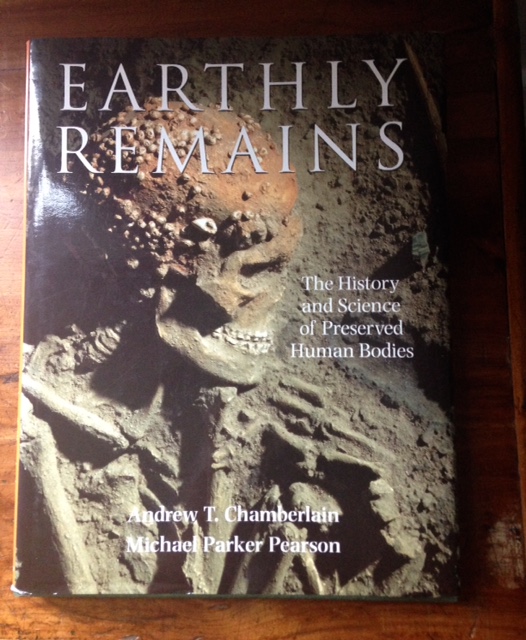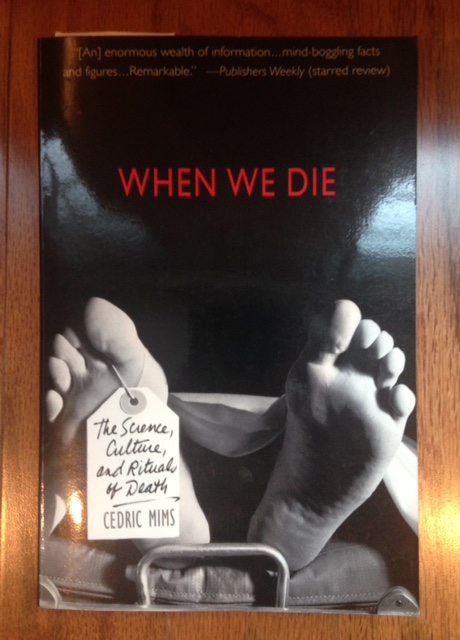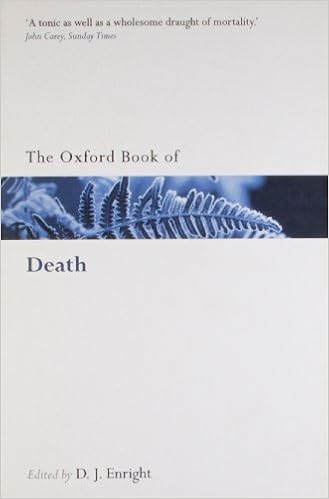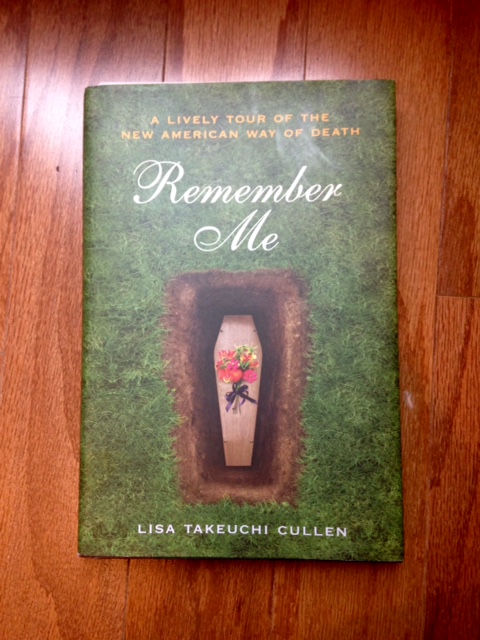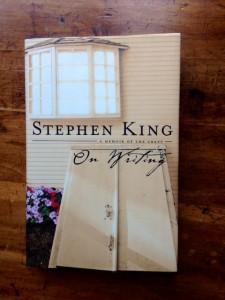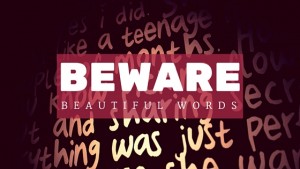For one thing, Gabaldon is a very sensory writer.
He smelled delectably of road dust and dried sweat and the deep musk of a man who has just enjoyed himself thoroughly.
The smell of cut, dry hay was mingled with the delectable scent of barbecue that had been simmering underground overnight, the fresh bread, and the heady tang of Mrs. Bug’s cider.
More sensory details
. . . swept me into an exuberant embrace, redolent of hay, horses, and sweat.
Would I wake again to the thick warm smell of central heating and Frank’s Old Spice? And when I fell asleep again to the scent of woodsmoke and the musk of Jamie’s skin, would feel a faint, surprised regret.
It [cider] was wonderful, a dark, cloudy amber, sweet and pungent and with the bite of a particularly subtle serpent to it.
She describes a white marble mausoleum:
. . . a white smear on the night…
Note strong verb and simile.
. . . his skin shivered suddenly, like a horse shedding flies.
. . . it [hair] was writhing off merrily in all directions, à la Medusa.
. . . kissing me with sun-dusty enthusiasm and sandpaper whiskers.
. . . the lines of his face were cut deep with fatigue, the flesh beneath his eyes sagging and smudged.
. . . I was sloshing back and forth to the kitchen, kicking up the water so it sparkled like the cut-glass olive dish.
. . .they poured into the dooryard, bedraggled, sweat-soaked, and thirsty as sponges.
. . . with thin grizzled hair that he wore strained back in a plait so tight that i thought he must find it hard to blink.
. . . [bread pudding with honey] bursting sweet and creamy on the tongue…
. . . sober as a sheep at the time.
We climbed through a stand of quivering aspen, whose light dappled us with green and silver, and paused to scrape a blob of the crimson from a paper-white trunk.
She merely smiled at that, wide mouth curving in a way that suggested untold volumes of wicked enterprise.
Gabaldon reveals emotions exceptionally well.
[Food] had formed a solid mass that lay like iron in his stomach.
…the last of the whisky lighting his blood…
Fear snaked up her spine…
…felt his bones strain in his flesh, urgent with desire to hunt and kill the man…
…goosebumps of revulsion rose on my shoulders…
…a small uneasy feeling skittering down my backbone…
…my mind felt soggy and incapable of thought…
…comforted by the fleshy, monotonous thump [of his heart]…
…a rich tide of color surged into her face…
